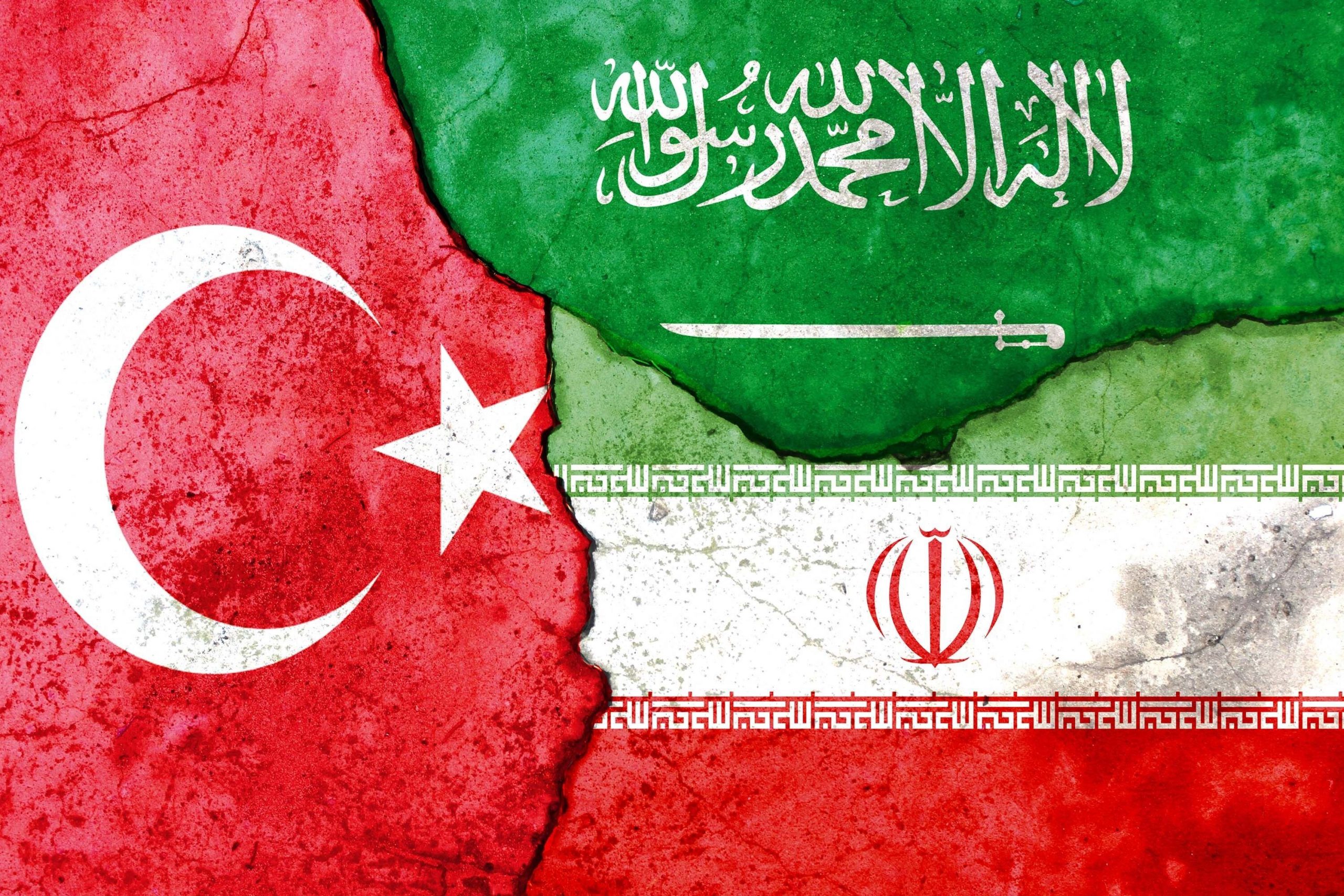Tensions between Ankara and Riyadh reached an all-time high following the murder of journalist Jamal Khashoggi in the Saudi consulate in Istanbul. But there have been signs in recent weeks that a rapprochement might be possible.
Doha is ready to act as a mediator between Turkey and Saudi Arabia to ease tensions between the two countries, according to Dr. Mutlaq Al-Qahtani, Qatar’s Special Envoy for Counterterrorism and Conflict Resolution.
Speaking at a symposium organised by the Doha Institute for Graduate Studies entitled “Policy and Experience of the State of Qatar in Mediation and Conflict Resolution”, the foreign ministry official also said that his country is willing to mediate between long-time foes Saudi Arabia and Iran.
“If these two countries see that the State of Qatar has a role in this mediation, then it is possible to do so,” he said. “It is in everyone’s interest that there be friendly relations between these countries.”
Al-Qahtani also expressed his hope in the future of the region following the GCC reconciliation, adding it would contribute to “strengthening joint Gulf and Arab action and strengthening the weight of Gulf states in the Arab decision”.
He explained that the blockade gave his country plenty of experience in crisis management, without affecting its role as a mediator in different conflicts across the world.
“[Qatar] was able to stop the bloodshed in Afghanistan, launch the Afghan dialogue, and deal with crises, some of which are known to the public and other that aren’t,” said Al-Qahtani.
Read also: Qatar says GCC reconciliation deal won’t impact Iran, Turkey ties
On Wednesday, Qatar’s Minister of Foreign Affairs Sheikh Mohammed bin Abdulrahman Al-Thani said that his country will maintain its relations with Iran and Turkey despite the lifting of the blockadem on Doha.
The countries which triggered the 2017 Gulf crisis claimed their action was due to Qatar’s relations with Iran and Turkey, both of which have had their own political rivalries with Saudi Arabia and the United Arab Emirates.
“Bilateral relationships are mainly driven by a sovereign decision of the country . . . [and] the national interest…so there is no effect on our relationship with any other country,” Qatar’s top foreign diplomat told The Financial Times.
The foreign minister’s statement came almost a week after Qatar, Saudi Arabia, the UAE, Bahrain and Egypt signed the Al Ula Declaration which marked the end of the blockade that the quartet imposed on Doha in 2017.
Follow Doha News on Twitter, Instagram, Facebook and Youtube







